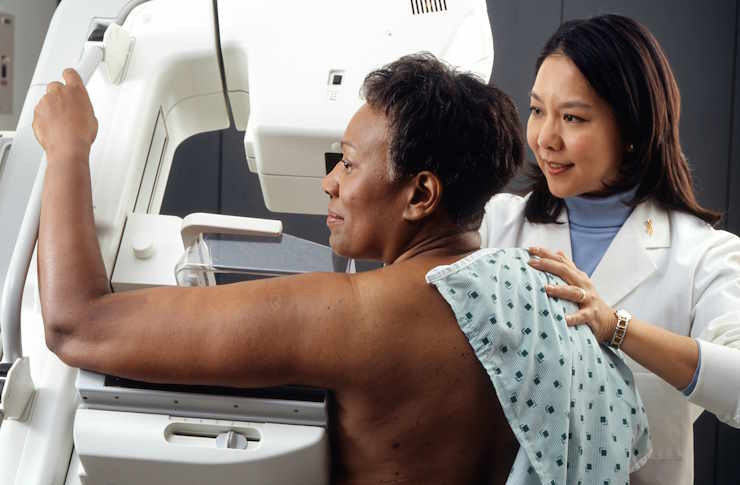Colon Cancer: Understanding Symptoms and Treatments
Colon cancer is among the most prevalent forms of cancer worldwide, but it's also one of the most treatable when detected early. Understanding the symptoms, risk factors, and available treatments is crucial for both prevention and successful management of this disease. This comprehensive guide explores essential aspects of colon cancer, from early warning signs to cutting-edge treatment options.

What Are the Early Warning Signs of Colon Cancer?
Changes in bowel habits, including persistent diarrhea or constipation, are often the first indicators of potential colon health issues. Other warning signs include unexplained weight loss, rectal bleeding, dark stools, or blood in the stool. Abdominal pain, cramping, and constant fatigue may also signal the need for medical attention. It’s important to note that these symptoms can be subtle initially and may be attributed to other conditions.
What Factors Increase the Risk of Developing Colon Cancer?
Several factors contribute to colon cancer risk, including age (particularly over 50), family history, and genetic predisposition. Lifestyle factors play a significant role, with diet high in processed meats and low in fiber being a notable risk factor. Other contributors include obesity, physical inactivity, smoking, and heavy alcohol consumption. Understanding these risk factors helps in developing preventive strategies and determining appropriate screening schedules.
How Have Screening Methods Advanced in Recent Years?
Modern screening technologies have revolutionized colon cancer detection. Traditional colonoscopy remains the gold standard, but newer options include virtual colonoscopy, stool DNA tests, and blood-based screening methods. The development of artificial intelligence-assisted colonoscopy has improved polyp detection rates. Regular screening is recommended starting at age 45 for average-risk individuals, with earlier screening for those with higher risk factors.
What Treatment Options Are Currently Available?
Treatment approaches vary based on cancer stage and individual factors. Surgery remains the primary treatment for localized colon cancer, with minimally invasive techniques becoming increasingly common. Advanced cases may require combinations of:
-
Surgery (colectomy or other resection procedures)
-
Chemotherapy (traditional or targeted therapy)
-
Radiation therapy
-
Immunotherapy for specific cancer types
What Lifestyle Changes Support Colon Cancer Treatment?
Adopting a healthy lifestyle is crucial during and after treatment. Key recommendations include:
-
Maintaining a diet rich in fruits, vegetables, and whole grains
-
Regular physical activity as tolerated
-
Stress management techniques
-
Adequate hydration
-
Smoking cessation
-
Limited alcohol consumption
-
Regular medical follow-up
What Are the Costs Associated with Colon Cancer Treatment?
Treatment costs vary significantly based on the stage of cancer, treatment approach, and location of care.
| Treatment Type | Average Cost Range | Insurance Coverage |
|---|---|---|
| Surgery | $30,000 - $80,000 | 80-100% with insurance |
| Chemotherapy (per session) | $1,000 - $12,000 | Typically covered |
| Radiation Therapy | $20,000 - $60,000 | Usually 80% covered |
| Immunotherapy (annual) | $100,000 - $150,000 | Coverage varies |
Prices, rates, or cost estimates mentioned in this article are based on the latest available information but may change over time. Independent research is advised before making financial decisions.
Regular screening and early detection remain the most cost-effective approaches to managing colon cancer. Survival rates have improved significantly with modern treatments, particularly when the disease is caught in its early stages. Ongoing research continues to develop more effective and less invasive treatment options, offering hope for better outcomes in the future.
This article is for informational purposes only and should not be considered medical advice. Please consult a qualified healthcare professional for personalized guidance and treatment.




